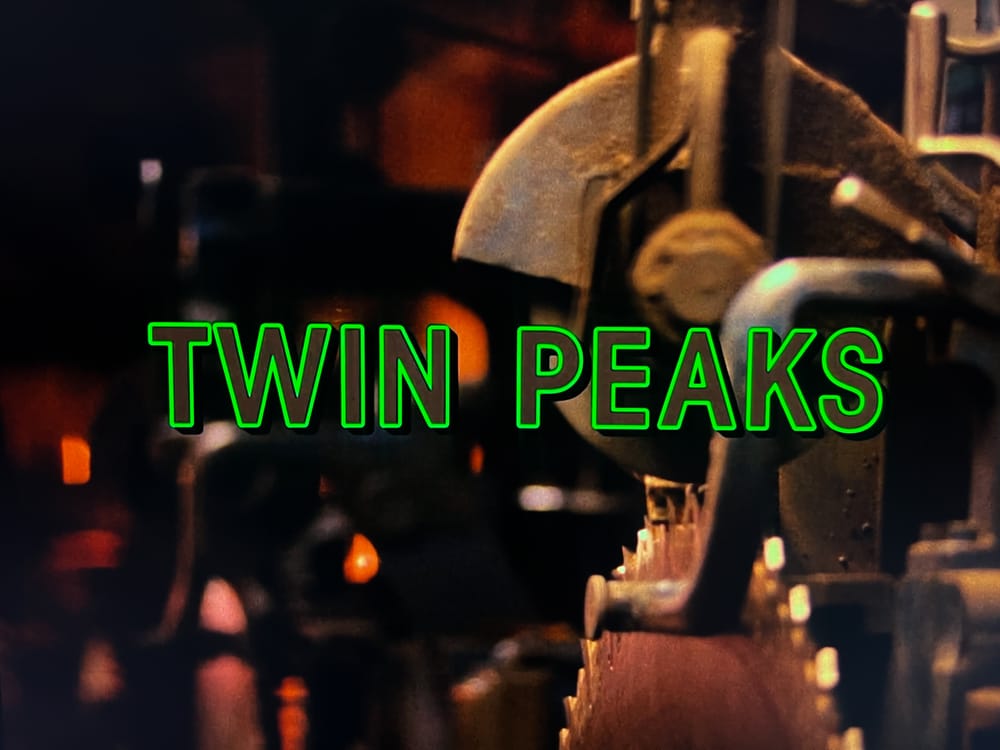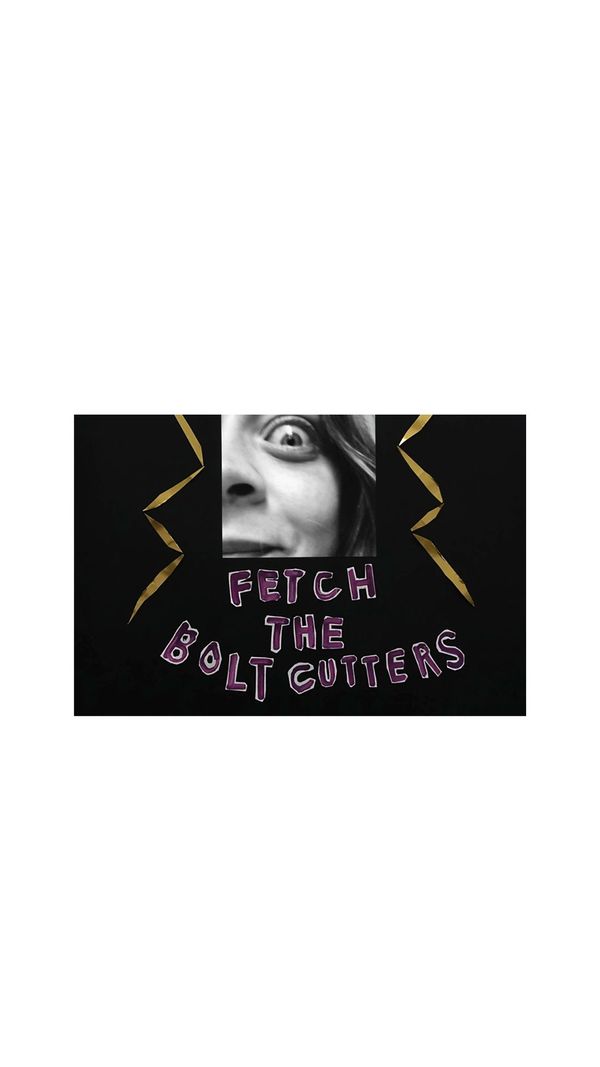David Lynch, an Appreciation
by Vic Neptune
I saw The Elephant Man when it came out in 1980. I’d never heard the name David Lynch and even then his name didn’t register with me, although the black and white photography and especially the remarkable performance as John Merrick by John Hurt moved me a great deal. Four years later I became aware from a film review in Newsweek of Lynch’s adaptation of Frank Herbert’s epic science fiction novel Dune. That film got trashed by critics. A powerful, Byzantine story, Dune may have been unfilmable as a two and a half hour film. We’ll never know what it would have been like had David Lynch been given final cut. Even so, I went to see the film twice, fascinated by the weird sets and costumes, the odd dialogue exchanges, the stylized acting.
Dune flopped. To this day, it’s barely regarded as a significant film in Lynch’s body of work. Now that Denis Villeneuve has made two Dune films, Lynch’s Dune has seemingly been forgotten. Still, with David Lynch’s death at the age of seventy-eight on January 15, 2025, it could be that his Dune, along with all of his work, will be reexamined.
Lynch’s films and his TV show, Twin Peaks, have the virtue or the drawback (depending on one’s viewpoint) of raising more questions than they answer. Lynch, like French director Jacques Rivette, wasn’t interested in answers, but in mysteries and enigmas. He was as much interested in the sidelines of his stories as he was in the main thrusts of his plots. In Twin Peaks, for instance, the relationship between the innocent Deputy Andy and the squeaky-voiced Sheriff’s receptionist Lucy holds as much weight in the overall story as the overriding question, Who killed Laura Palmer? The humor and sweetness of Lucy and Deputy Andy’s scenes contrasts strikingly with the lurking shadowy evil at the heart of the story: a tale of a high school girl in trouble, threatened by a force that may be far closer to her life than anyone realizes. That Lynch managed to stretch this premise out for three seasons and one film (Twin Peaks, Fire Walk With Me), the third season airing on Showtime twenty-seven years after the show premiered in 1990, illustrates the fascination he’s engendered in viewers.
His output as a feature filmmaker is relatively low, compared to other successful directors, like Steven Spielberg or Steven Soderbergh. He made ten feature films and numerous shorts, was a painter, an actor, screenwriter, and overall, a total artist. He’s an example to all artists who would simply declare themselves to be artists, to create no matter what the circumstances in one’s life.
All fans of his work have their favorite Lynch films. Mine is Twin Peaks, Fire Walk With Me (1992), partly because of Sheryl Lee’s astonishing performance as Laura Palmer. Lee returned in the third season and knocked me out again, especially in the final scene of the last episode. I won’t reveal its nature, but the last seconds of that scene reverberated with me for several days. This ability of Lynch’s to hit the viewer viscerally means to me that his work will last a very long time. Even another of his films not much talked about anymore, Wild at Heart (1990), winner of the Cannes Festival Palme d’Or, still resonates with me in its opening credits: tremendous blasts of fire shooting across the screen accompanied by Richard Strauss’s achingly beautiful Im Abendrot. Flames, alas, caused David Lynch to be evacuated from his home in the January 2025 Los Angeles fires. He had emphysema and had already decided he wasn’t going to direct any more films. His death just a few days after his evacuation, I suspect, may have been a final straw, a sign to let go.
David Lynch achieved something all artists should aspire to: originality. He stuck to that from beginning to end. He caused viewers to be willing to side with the questions over the answers. He gave us mystery and enigmas by sewing cinema to the fabric of dreams.
Vic Neptune writes, makes movies (YouTube Channel John Berner), collages, paintings. Movies made as Rhombus. Film criticism based on thousands of movies of all eras seen. Strong interest in literature: Shakespeare, Thomas Mann, Jack London, Robert E. Howard, Joan Didion, Philip K. Dick, and many others. History and religion other interests also. Favorite filmmakers: Jean-Luc Godard, Michelangelo Antonioni, Pier Paolo Pasolini, Rainer Werner Fassbinder, and Federico Fellini. Life without art is art without life.




